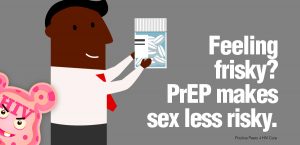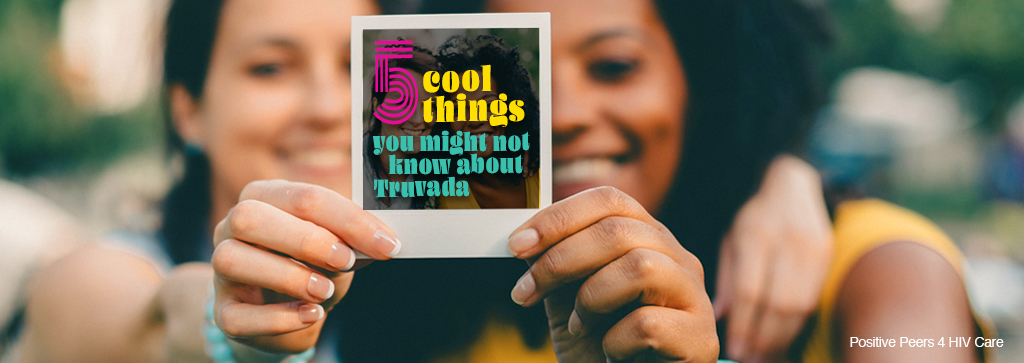
By: Ann Avery, MD, Infectious Disease Physician at MetroHealth Medical Center
If you aren’t too familiar with PrEP, it’s a medication an HIV negative person can take once a day to lower their risk of HIV infection by up to 99 percent. Pretty amazing, right?
The brand name of PrEP is Truvada, so if you ever hear someone talking about Truvada in the future, you’ll know they’re talking about PrEP. It’s one pill made up of two different types of meds: emtricitabine and tenofovir.
In 2012, Truvada was approved to help prevent HIV and has caught on quickly. Just last year, 136,000 Americans were estimated to take Truvada.
So let’s dive in and learn some really cool facts about Truvada!
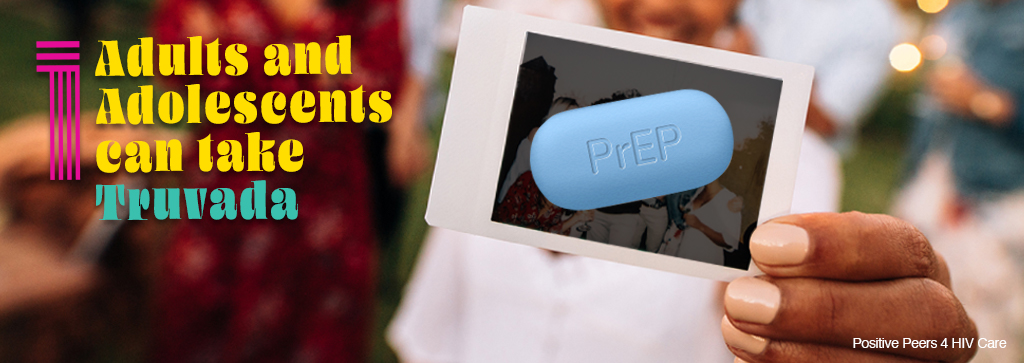
Adults and adolescents can take Truvada
Back in 2012 when Truvada was first approved, only folks 18 and older were allowed to take it. Eventually, the Food and Drug Administration (FDA) was able to expand Truvada prescriptions for minors as long as they weighed at least 77 pounds.
The FDA expanded Truvada to minors after doing a study of 15 to 17-year-olds. The study lasted 48 weeks and, while on Truvada, the teens visited a clinic once a month for three months. Then they only visited once every three months for the rest of the study. The study showed that teens do better on PrEP with monthly visits.
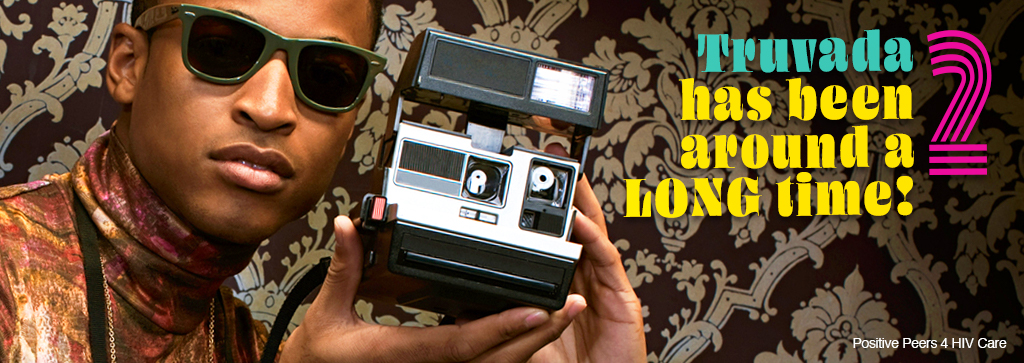
Truvada has been around a LONG time!
We mentioned that Truvada has only been available to the public for prevention since 2012; but research has been going on much longer. It began in 1986 when a U.S. Patent was filed on tenofovir (which we mentioned in the intro). It was discovered in 1997 by Gilead (the company that makes Truvada) and UC San Francisco that tenofovir could intravenously treat HIV.
Truvada was approved for the Global Access Program and Advancing Access Program in 2004. Along with other antiretroviral agents, it was used to help treat people 12 and older who were living with HIV. By 2012, Truvada also was approved as PrEP for HIV negative people to take.
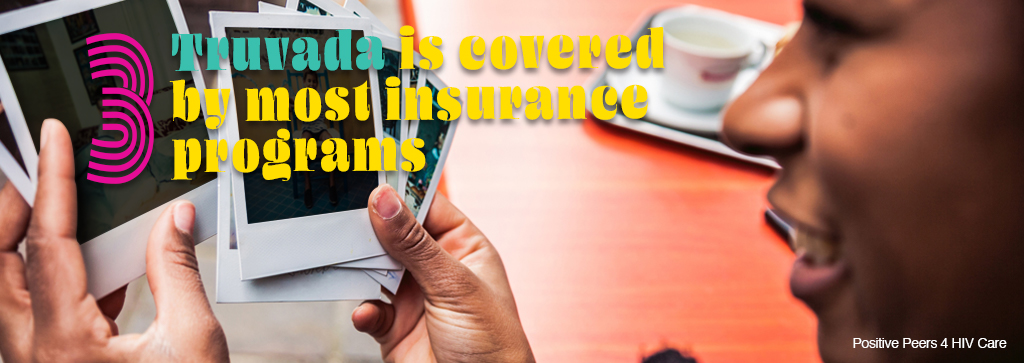
Truvada is covered by most insurance programs
At $1300 a month, Truvada is expensive out-of-pocket. The good news is that a lot of insurance plans will help you cover at least part of the cost. If you don’t have insurance or can’t afford the copay, Gilead actually has payment assistance programs that can help. While Medicaid varies by state, it’s another option to look into if you have Medicaid.
It’s worth noting that there isn’t a generic brand of Truvada available yet.
Come join our private, stigma-free, supportive community.
Health management tools with medication & appointment reminders.
Social networking in a community conversation & private chats.
Truvada is awesome, but you still need to practice safe sex
Taking Truvada everyday will lower your risk of becoming infected with HIV, but it doesn’t work for other STIs and can’t prevent pregnancy. That means condoms and other safer sex practices are still your best defense against infections like Syphilis. There aren’t any FDA approved condoms for anal sex yet, but research has shown that regular condoms and internal condoms still work a majority of the time to prevent STIs.
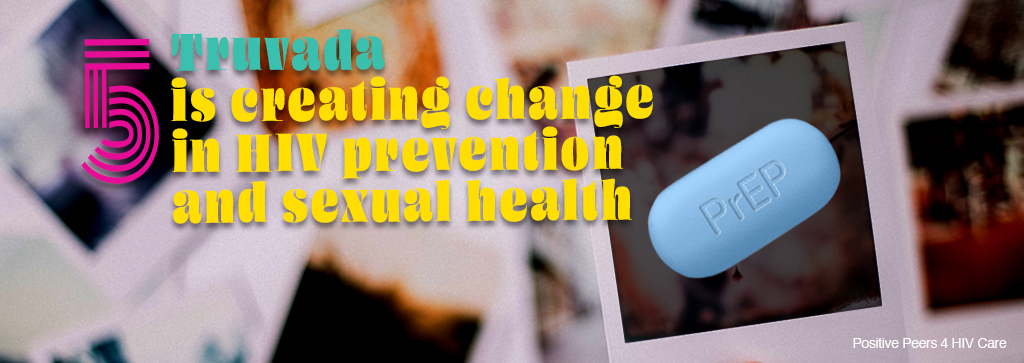
Truvada is creating change in HIV prevention and sexual health
We know a lot more about safe sex and STIs than we used to. Condoms were the main way to make sex safer for a long time. New HIV infections have really dropped since the late 1980s and early 1990s. Today, the biggest struggle is getting people to continue to have safe sex and to get younger people to adopt safe sex habits.
Since the mid to late 1990s, there have been about 800,000 people diagnosed with HIV. That comes out to more than 50,000 people a year. HIV is on the rise among gay and bisexual men and trans men and women, particularly young people of color.
Many different things can play into the increasing risk of HIV. HIV negative folks can think of PrEP and Truvada as a tool to help them take control of their lives. It’s basically like the birth control for HIV!

A safer and sexier future
Taking Truvada as PrEP will significantly reduce your chances of being infected with HIV. However, it won’t protect you against everything. It’s important to still be smart when it comes to sex. Using condoms correctly is certainly one way to protect yourself. Attending risk-reduction counseling will help you stay informed about other safer sex tools you can use like reducing your number of partners or engaging more in oral sex instead of anal with unknown partners. We strongly recommend getting regular HIV and STI tests and getting treated for any STIs you may have as having an STI will put you at a greater risk for HIV. Also, don’t forget to have open conversations with both your doctor and any sex partners. You may even want to get tested with your sex partner so you both know what’s up and can adjust your sexy time accordingly.
After all, knowing you and your partner are safe and protected will make the sex the most fulfilling sex you can have!
Related Blogs:

